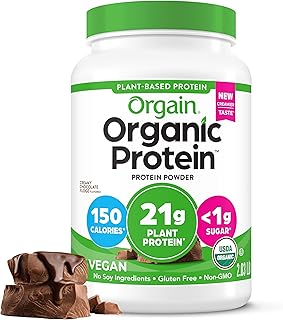Consumer Reports recently conducted an investigation on 23 protein powders and ready-to-drink shakes from popular brands in the United States to assess their heavy metal content. Shockingly, more than two-thirds of the products contained higher levels of lead in a single serving than the recommended daily limit as per Californian guidelines.
Protein powders and shakes are widely used for muscle-building purposes, weight-loss programs, or post-illness recovery. The products tested varied from plant-based to organic and animal or dairy-based proteins, with only one product showing undetectable lead levels.
Lead contamination in protein powders is not a new concern. Reports indicate an increase in lead levels compared to previous investigations, with one product found to have double the lead content per serving than the worst performer in 2010. Furthermore, a study analyzing 130 protein powders in 2018 revealed that 70% contained heavy metals.
Lead can enter these products through natural and human-made sources, leading to potential health risks for consumers. The metal’s presence in food samples has been documented in both the US and Australia, with harmful effects on various organ systems, especially the brain and nervous system.
For children, lead exposure can result in developmental issues, learning disabilities, and behavioral problems, while adults may experience conditions like anaemia, joint pain, and nerve damage. Pregnant women and breastfeeding mothers are also at risk of transmitting lead to their babies, potentially causing complications.
International agencies have recognized lead as a possible carcinogen, emphasizing the importance of minimizing exposure. While Australia’s health council suggests no safe lead level in the diet, the US FDA has set maximum daily limits, which differ significantly from the Californian standards used in the Consumer Reports investigation.
Despite the lack of data on lead levels in Australian protein powders, caution is advised when consuming these products regularly. The variability in lead content among different brands and containers makes it challenging to determine safe intake levels, especially considering environmental exposures and dietary factors.
Experts recommend obtaining protein from whole foods rich in essential nutrients like calcium, vitamin B12, omega-3 fats, iron, zinc, antioxidants, and fiber. These sources offer a balanced nutritional profile and are less likely to contain concentrated heavy metals, providing a safer alternative to protein supplements.
In conclusion, while protein powders remain popular for various health and fitness goals, consumers should be vigilant about potential lead contamination and consider diversifying their diet with nutrient-rich whole foods to mitigate health risks associated with heavy metal exposure.
📰 Related Articles
- Zimbabwe Study Reveals High Uptake of Menstrual Health Services
- Study Reveals Link Between Endometrial Thickness and Estrogen Levels
- Study Reveals High FASD Prevalence in Australian Population
- Mastercard Study Reveals Bangkok as High Fraud Risk City
- Choice Study Reveals Sunscreens Misleading Consumers on SPF Levels






